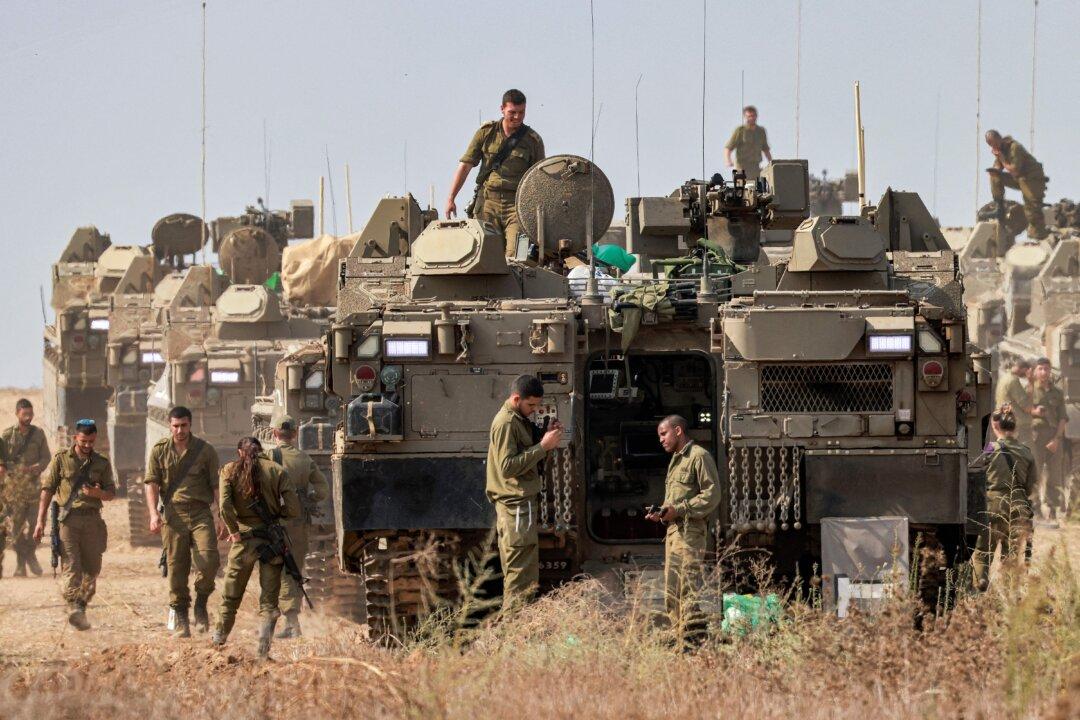Israel Defense Forces (IDF) may be in for a protracted ground campaign against the Hamas terrorist group in the Gaza Strip and they may not spend much of their time and resources negotiating for the release of hostages, according to Retired Israel Defense Forces (IDF) Brig. Gen. Amir Avivi.
The Israeli military has been amassing forces around the Gaza Strip for nearly two weeks after Hamas gunmen entered southern Israel on Oct. 7 before killing hundreds of people and taking around 200 hostages back to Gaza. The buildup of Israeli forces has raised speculation of a ground assault into the territory and Israeli Economy Minister Nir Barkat further stoked those expectations on Thursday when he told ABC News that the IDF has the “green light” to move into Gaza when it chooses.





